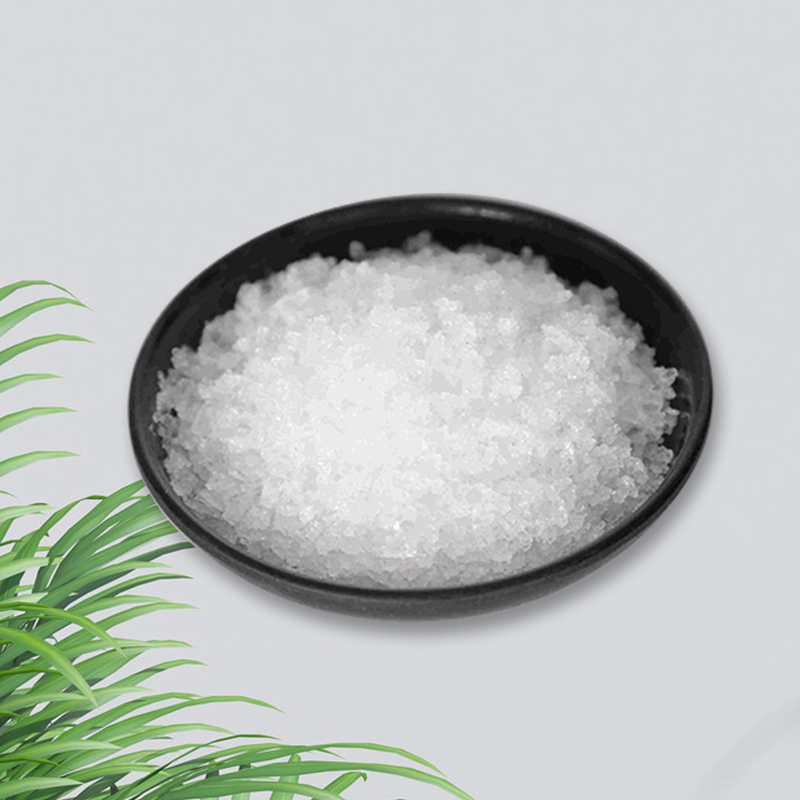Key points about zinc sulfate
2024-01-23
Zinc sulfate is a chemical compound with the formula ZnSO4. It is composed of zinc ions (Zn2+) and sulfate ions (SO4^2-) in a crystal lattice structure. Zinc sulfate exists in various forms, including hydrates. Here are some key points about zinc sulfate:
1. Chemical Formula: ZnSO4
2. Forms: Zinc sulfate can exist in different forms, including:
- Zinc Sulfate Monohydrate (ZnSO4·H2O): This is the most common hydrated form of zinc sulfate.
- Zinc Sulfate Heptahydrate (ZnSO4·7H2O): This hydrated form is commonly known as white vitriol.
3. Appearance: The appearance of zinc sulfate depends on its hydration state. Anhydrous zinc sulfate is a white crystalline powder, while hydrated forms may have a crystalline or granular appearance.
4. Solubility: Zinc sulfate is soluble in water. The solubility increases with temperature.
5. Synthesis: Zinc sulfate can be synthesized by reacting zinc metal or zinc oxide with sulfuric acid. The hydration state depends on the reaction conditions.
6. Applications:
- Nutritional Supplement: Zinc sulfate is used as a dietary supplement to address zinc deficiencies in humans and animals.
- Agricultural Use: It is used in agriculture as a fertilizer and soil additive to provide zinc to plants.
- Galvanizing: Zinc sulfate is involved in the galvanizing process to coat steel or iron with a protective layer of zinc.
- Pharmaceuticals: It may be used in certain pharmaceutical preparations.
- Water Treatment: In water treatment, zinc sulfate is used to control the growth of algae.
7. Zinc Oxidation State: In zinc sulfate, zinc is in the +2 oxidation state (zinc(II)). This makes it different from zinc oxide, where zinc is in the +1 oxidation state (zinc(I)).
8. Safety Considerations: Zinc sulfate is generally considered safe when used as directed. However, excessive intake can lead to toxicity. Proper handling and safety precautions should be followed.
9. Environmental Impact: The environmental impact of zinc sulfate may depend on factors such as its concentration, release, and interactions with other substances. Disposal should be in accordance with environmental regulations.
10. Other Names: Zinc sulfate is also known by other names, including white vitriol and zinc vitriol.
Zinc sulfate's diverse applications make it a versatile compound with uses ranging from agriculture to nutrition and water treatment. Its role in providing zinc, an essential micronutrient, makes it important in addressing nutritional deficiencies.



